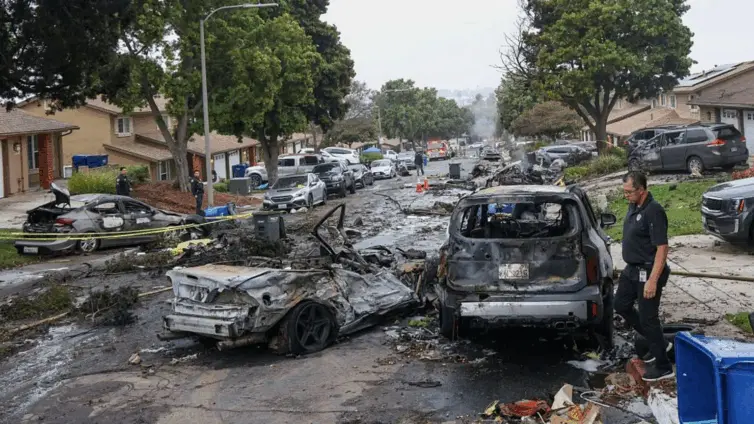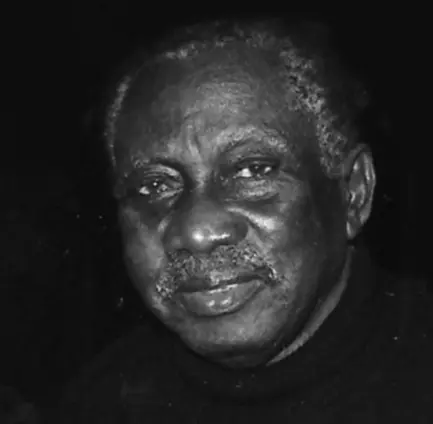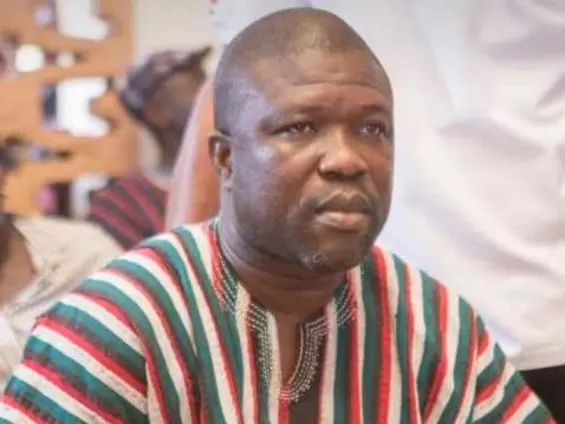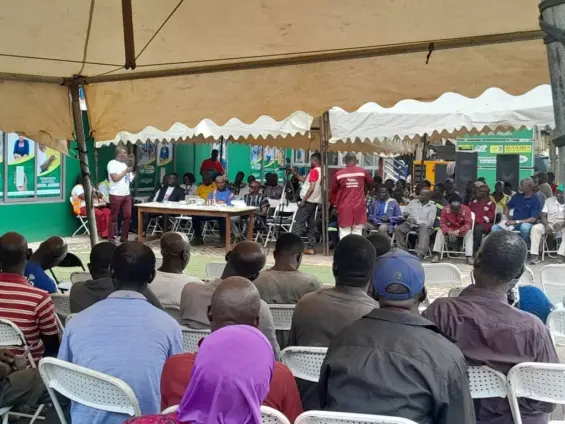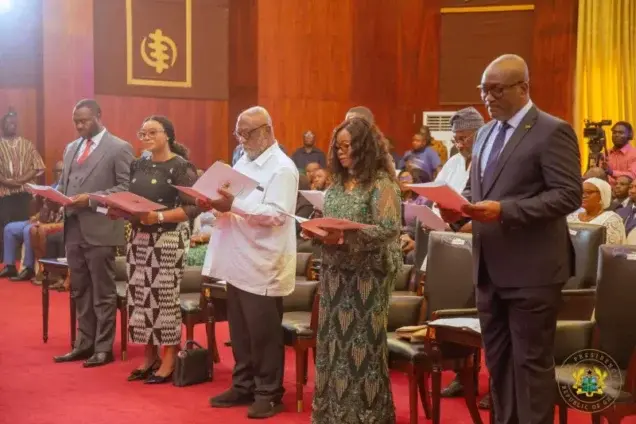The chaotic sprawl of Accra, a city grappling with relentless traffic and unplanned construction, serves as a stark reminder of the challenges facing urban development in Ghana. According to Prof. John Owusu Addo, a renowned Ghanaian architect and Pan-Africanist, much of this stems from a fundamental flaw: political interference that undermines effective Town Planning Ghana.
Prof. Owusu Addo, a vocal advocate for sustainable urban development, recently appeared on JoyNews’ The Sages, where he lamented the state of Town Planning Ghana, asserting that political influence and a disregard for professional expertise are major impediments. The consequences are clear: an unplanned urban landscape plagued by congestion, flooding, and inadequate infrastructure, directly impacting the quality of life for countless Ghanaians.
Political Interference Undermining Town Planning
“We have trained town planners, architects and so on. But politicians will not allow them to do their work as they’ve been taught,” Prof. Owusu Addo stated, highlighting a critical disconnect between professional knowledge and political action. He argued that politicians and powerful stakeholders often disregard the advice of trained professionals, leading to decisions that prioritize short-term gains over long-term sustainability in Town Planning Ghana.
The renowned architect further asserted that the planning process itself is often hijacked by non-technical actors, where personal interests supersede professional guidance and established laws. “Town and country planning, that is urban design, the planning laws are changed at will because those who sit on the committee have no idea,” he explained, emphasizing the detrimental influence of chiefs, politicians, and businessmen on land acquisition and development. This interference creates a system where sound urban planning principles are frequently ignored.
The Ineffectiveness of Professionals and the Disregard for Laws
Prof. Owusu Addo points out that even when qualified planners, architects, and technicians are involved, they are often outnumbered and outvoted in crucial decision-making processes. “And the poor technician or the planner or architect has very little say. And that is why we have our towns and cities. We don’t follow the law,” he said. The consistent neglect of professional advice leads directly to the haphazard development patterns seen across the country.
While Ghana possesses planning laws designed to guide urban development, Prof. Owusu Addo argues that the fundamental problem lies in the failure to enforce them. “The laws are there. But we are not able to implement them, to enforce them. That’s why we have cities and towns which develop in any way they like,” he explained. The lack of enforcement mechanisms allows for unchecked development, perpetuating the cycle of unplanned urban growth.
The Problem with Piecemeal Development
Prof. Owusu Addo criticizes the common practice of simply replacing old buildings with new ones on the same plot, arguing that this piecemeal approach fails to address the underlying issues of urban design. “In the big cities, the tendency has been to replace one building which is probably outmoded or it has problems. Somebody buys the old building and he puts exactly in his place another building. That is not the way to develop a modern city,” he explained.
Instead, Prof. Owusu Addo advocates for a comprehensive redevelopment strategy that involves redeveloping larger areas in a coordinated manner. “You should have about 10 or 20 such buildings in a big area and get the developer and they get the bankers to back them,” he suggests. This approach would involve architects, planners, and engineers in redesigning entire areas, incorporating pedestrian walkways, green spaces, and commercial areas to create more livable and functional urban environments. Prioritizing comprehensive planning is crucial for sustainable Town Planning Ghana.
The Current State of Ghanaian Cities
Accra and Kumasi, two of Ghana’s largest cities, continue to struggle with the consequences of inadequate Town Planning Ghana, battling persistent congestion, flooding, poor zoning, and strained infrastructure. Prof. Owusu Addo’s insights highlight the root causes of these challenges, emphasizing the urgent need for systemic change.
In conclusion, Prof. Owusu Addo’s analysis underscores the critical importance of prioritizing professional expertise, enforcing planning laws, and adopting a comprehensive approach to urban development in Ghana. By empowering town planners and resisting political interference, policymakers can pave the way for more sustainable and livable cities. It is imperative that policymakers prioritize professional expertise and long-term planning for sustainable urban development in Ghana, and that the public advocate for better town planning to ensure a better future.
Image Source: MYJOYONLINE


